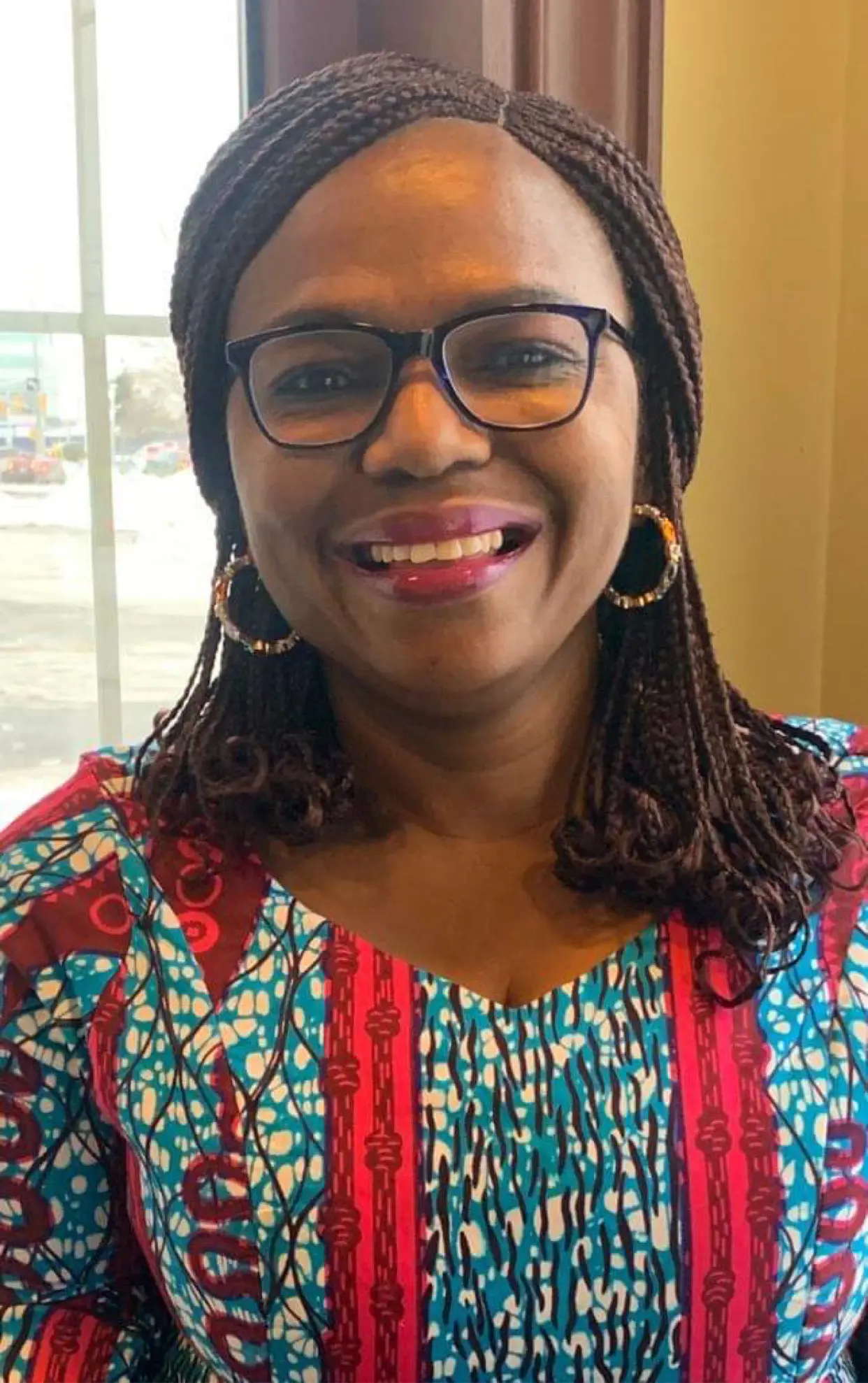Or put another way: Shouldn’t Nollywood take the Toronto International Film Festival, TIFF, more seriously? The short answer to this question of either variation is, yes. In fact, Nollywood and the entire Nigerian film industry should take TIFF, very seriously. And not only TIFF, but any film festival worth its salt, where the right connections and networks can be made. Why is this important? Again, let’s shorten the answer because the long answer is in the Major Research Paper (MRP) I wrote for my Master of Arts (Film Studies): Filmmaking is global, it is a business, and you want to reach as many people as possible. That’s on one hand. On the other hand, film festivals also cater to people who take films seriously. You want to show/prove that you’re a serious filmmaker and not a Nigerian (local) quantity (champion)? Well, there are at least one thousand film festivals, starting from Nigeria, to choose from. If none of that matters, how about attending a film festival just to enjoy other people’s films? It’s a festival, after all. So, you can always choose which aspect of the festival to focus on.
Even more significant is the fact that we can safely assert that TIFF is Nollywood-friendly. In 2016, TIFF showcased eight Nollywood directors at the 41st edition of the festival. Until then, I wasn’t very aware of the film festival. The directors and the films showcased: Kemi Adetiba (The Wedding Party), Izu Ojukwu (76), Steve Gukas (93 Days), Abba T. Makama (Green White Green) Daniel Emeke Oriahi (Taxi Driver-Oko Ashewo), Niyi Akinmolayan (Arbitration), Uduak Obong-Patrick (Just Not Married) and Omoni Oboli (Okafor’s Law). So, if for nothing, TIFF has showed that it’s taken notice, and is taking Nollywood seriously.

This brings me to the recently concluded Toronto International Film Festival which took place from September 8-18, 2022. I was at TIFF for the first weekend of the festival and considering some of the reasons laid out in the beginning, I’d expected a bigger Nollywood presence at Toronto. As far as I could tell, there was only one Nollywood submission in TIFF’s official selection: Elesin Oba-The King’s Horseman directed by the recently deceased Biyi Bandele, produced by Ebony Life Films, and set to be released on Netflix. This was the one screening I was bent on making even if I didn’t watch anything else. After all, it’s not every day you watch a film in Yoruba at a major film festival. I also saw Gangs of Lagos, directed by Jade Osiberu which was privately screened later the same day as The King’s Horseman (September 10). Gangs of Lagos is part of a 3-film deal Jade Osiberu signed with Amazon Prime Video (Nigerian Local Originals). Both films are worth your time when they’re eventually released. On the flip side, there were also plans to privately screen Kunle Afolayan’s Anikulapo, that was released on Netflix on Friday September 30, 2022, but those plans hadn’t materialised when I left Toronto on Sunday September 11, 2022.
I imagine the producers of The King’s Horseman consider their outing a huge success as they deserve to. Perhaps too, the Amazon Prime Video team can count themselves successful to some extent. But was that the best Nollywood could do? I would think not. TIFF depends heavily on the public. What this means is that Nollywood filmmakers can target Nigerians in Canada, even North America. As Afrobeats is showing, you can take your product to where the audience is. Even if Nigerians are your main target in the beginning, with time and good quality, you’ll eventually win over people from other cultures. It’s not like filmmaking is some alien activity that normal humans would find hard to follow. Plus, films even have the advantage of subtitling, etc.

I do concede that the Nigerian government needs to lead the way for Nollywood to find a sure foothold in Toronto or rather provide adequate support for filmmakers to rely on at the festival. For this year’s edition of the festival the Nigerian government had a stand (among other national agency stands at the Hyatt Regent Hotel, King Street West, Toronto) and was represented by the National Film and Video Censors’ Board, NFVCB by its director-general, DG, Alhaji Adedayo Thomas who oversaw the stand. The managing director of the Nigerian Film Commission, NFC, Dr. Chidia Maduekwe was also in attendance as were some others from different government agencies. Yet, one couldn’t compare Nigeria’s presence with countries like India, Spain, or Saudi Arabia. These three countries among others made their presence felt by advertising their countries’ films at TIFF, film locations in their countries and mouthwatering incentives to filmmakers to come shoot their films. I don’t want to belabour the Nigerian presence at TIFF. For now, I’m going to wait until after next year’s elections, when there’s hopefully a change of government that will positively impact tourism and culture.


